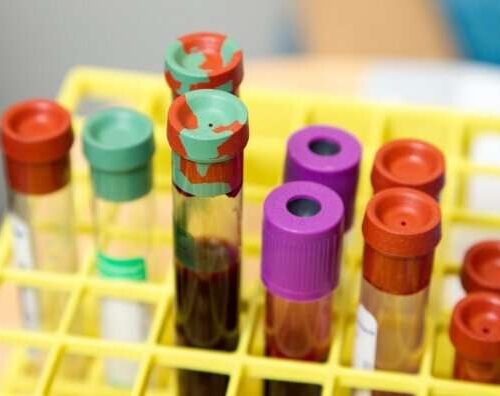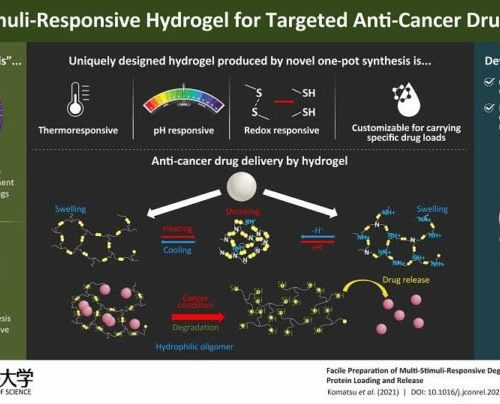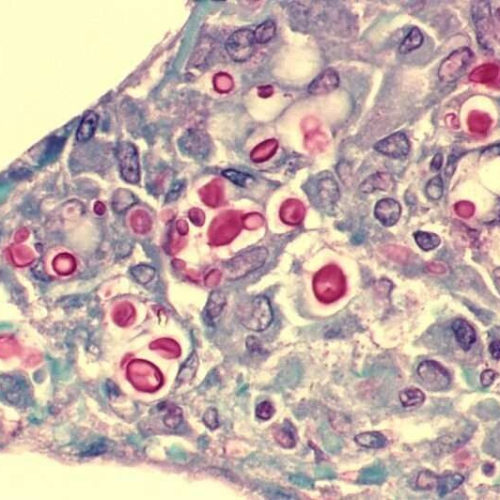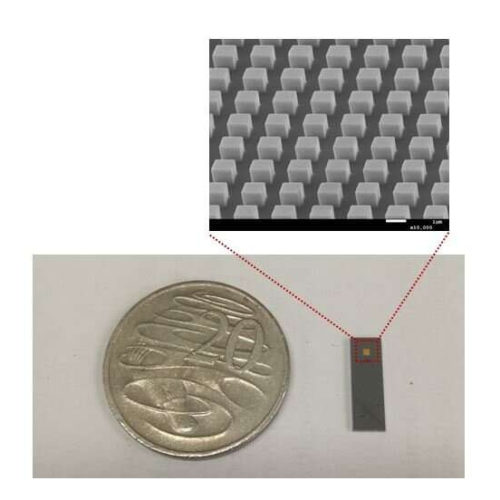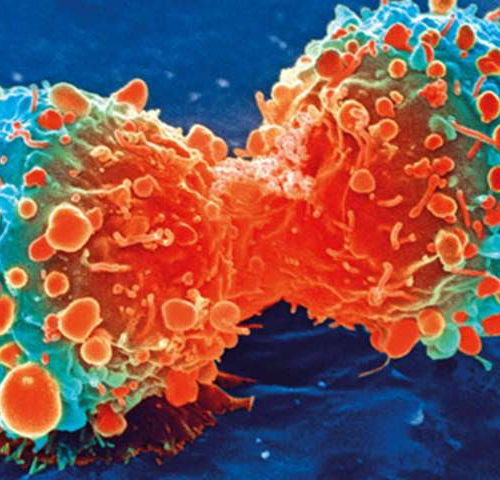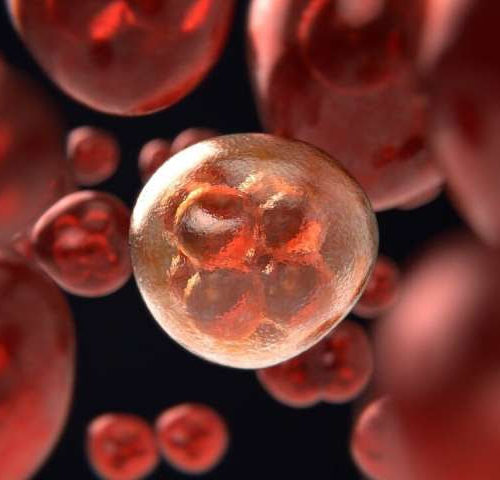by Diane Nazaroff, University of New South Wales Researchers hope the technology to detect the PD-L1 biomarker in a blood sample will be available in the next five years. Credit: National Cancer Institute/Unsplash Researchers at UNSW Sydney have found a way to detect a very low amount of a cancer biomarker in undiluted blood in just 15 minutes,...
Tag: <span>Cancer Treatment</span>
Mitochondrial enzyme found to block cell death pathway points to new cancer treatment strategy
UNIVERSITY OF TEXAS M. D. ANDERSON CANCER CENTER IMAGE: BOYI GAN, PH.D. CREDIT: MD ANDERSON CANCER CENTER HOUSTON – The mitochondrial enzyme dihydroorotate dehydrogenase (DHODH) plays an important and previously unknown role in blocking a form of cell death called ferroptosis, according to a new study published today in Nature by researchers at The University of Texas MD Anderson...
Side effect of cancer treatment can be safely reduced with topical cream
UNIVERSITY OF CALIFORNIA – LOS ANGELES HEALTH SCIENCES LOS ANGELES – Patients with advanced colorectal cancer may be spared from a toxic side effect caused by a type of targeted therapy used to treat the cancer with the help of another drug normally used to treat melanoma, according to a study led by researchers at...
Novel “Hydrogel” Carriers for Anti-Cancer Drugs Offer New Hope for Cancer Treatment!
Hydrogels are often used as drug delivery systems, but to be effective carriers for anti-cancer drugs, they need to be responsive to varied stimuli in the tumor microenvironment. Now, scientists from Japan have developed novel hydrogels to effectively deliver drugs to tumor sites in response to temperature and pH changes in the tumor microenvironment. These...
Innovative cancer treatment found to be promising for the control of fungal infections
by Luciana Constantino, FAPESP The use of CAR T-cells reprogrammed to “recognize” Cryptococcus spp. proved effective to combat the infection in vitro and in mice (pulmonary cryptococcosis; image: Wikimedia Commons) An innovative cell-based treatment for cancer has been found promising for the control of infections caused by fungi. A study published in the journal Cytotherapy reports that the use of...
Early warning for immune system overreaction in cancer treatment and COVID–19
by University of Queensland Credit: University of Queensland An “immuno-storm chip” developed by University of Queensland researchers could diagnose cancer and COVID-19 patients at risk of a potentially lethal reaction. The device was invented at UQ’s Australian Institute for Bioengineering and Nanotechnology (AIBN) by Professor Matt Trau, Dr. Alain Wuethrich and Junrong Li. Professor Trau said the chip...
Bacterial degradation of the MYC oncogene — a new cancer treatment strategy?
LUND UNIVERSITY Scientists at Lund University have discovered how E. coli bacteria target and degrade the well-known oncogene MYC, which is involved in many forms of cancer. The study is now published in Nature Biotechnology. Cancer cells grow too fast, outcompete normal cells and spread to distant sites, where they cause metastases. Understanding what makes cancer...
Researchers demonstrate the promise of precision genomics in cancer treatment
by National University of Ireland, Galway Credit: CC0 Public Domain Researchers at NUI Galway have identified genomic signatures in women developing the most common type of breast cancer that can be associated with long-term survival. The NUI Galway team analyzed the genomes of breast cancer patients to look for associations with survival rates using advanced statistical techniques....
Cancer treatment could be replicated for COVID-19
by Candy Gibson, University of South Australia Cancer cell during cell division. Beta-blockers could potentially be used to treat COVID-19, according to a new international study by Italian and Australian scientists. University of South Australia cancer researcher, Dr. Nirmal Robinson, working with a team in Naples, has found evidence in animal models that the beta-blocker Propranolol...
Research brings understanding of cellular resistance to cancer treatment, opening doors to new cures
by Marissa Shapiro, Vanderbilt University A Vanderbilt cancer systems biology team has identified the enzymes that keep tumor cells growing in the presence of drug treatment, opening the door to stopping these cells dead in their tracks. An article, “An Integrative Gene Expression and Mathematical Flux-Balance Analysis Identifies Targetable Redox Vulnerabilities in Melanoma Cells,” was published...

